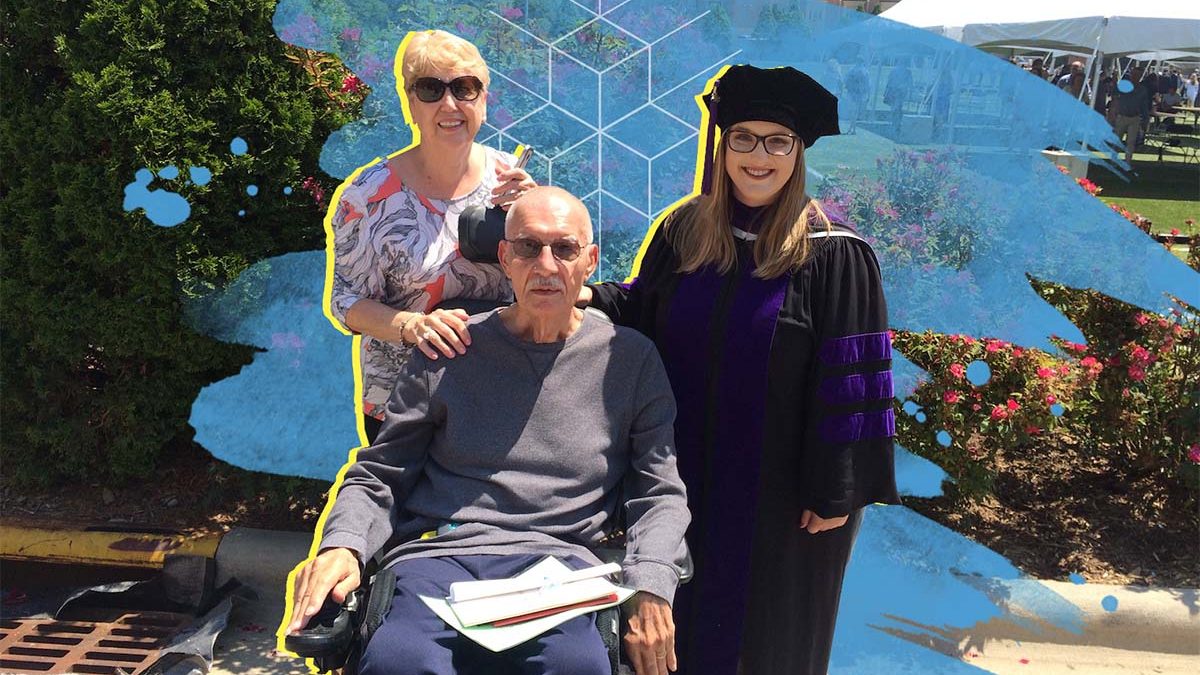“I was from a smaller town, so I needed about a year to buckle down to catch up to the kids from New York,” Margerison said.
“Catch up” is an understatement. Margerison, a first-generation college student, was a fixture on the Dean’s List and earned membership to Phi Beta Kappa. He also ascended to leadership roles at his residence hall, where he worked to keep student expenses low and organized intramural teams.
While they were at Carolina, both Margerison and his brother, Kenneth Margerison ’67, earned scholarships that covered significant portions of their college expenses. With summer work and a campus job typing papers, Rick Margerison was able to graduate from Carolina with just a small amount of debt.
The feeling of financial burden relieved by those scholarships long stuck with Margerison, who majored in economics at Carolina and also earned an MBA from Harvard. He often thought about what he might be able to do for Carolina students from similar circumstances.
A successful career in the energy services industry gave Margerison and his wife, Leah, the means to help students graduate with little or no debt. Together with his brother, a college professor, and his brother’s wife, Patty ’67, the Margerisons have created three scholarship funds that support a total of 18 students each year at Carolina. The scholarships also offer a study-abroad stipend for recipients.
“I thought about what that scholarship did for me, and I always felt I should pay that forward, if I could,” Margerison said. “When we finally had the means to make the difference, scholarships felt like the natural place.”
Margerison hosts a meal with recipients each year, and has also served informally as a mentor to several students. He says those meetings have helped him see the difficulty today’s students face paying for college. For example, students who attended Carolina in the late 1960s could use a summer job to pay a significant chunk of UNC’s tuition and mandatory fees, which totaled around $300 per year, before living expenses. That is much more difficult now that those same costs hover around $9,000.
“The world isn’t very fair to kids who don’t have a lot of money, and it’s been that way for a long time,” Margerison said. “UNC has been great about trying to keep tuition low, but there are a lot of students who, without help, have no choice but to just claw their way through with a bunch of debt.”
Reflecting on his role in helping students whose path to college was similar to his own, Margerison described the emotion that comes from seeing talented young people excel at Carolina and graduate without crushing financial debt.
“It’s about the best feeling you can get in the world, right up there with watching what your own kids accomplish,” Margerison said. “I can’t think of anything that could be more gratifying.”



